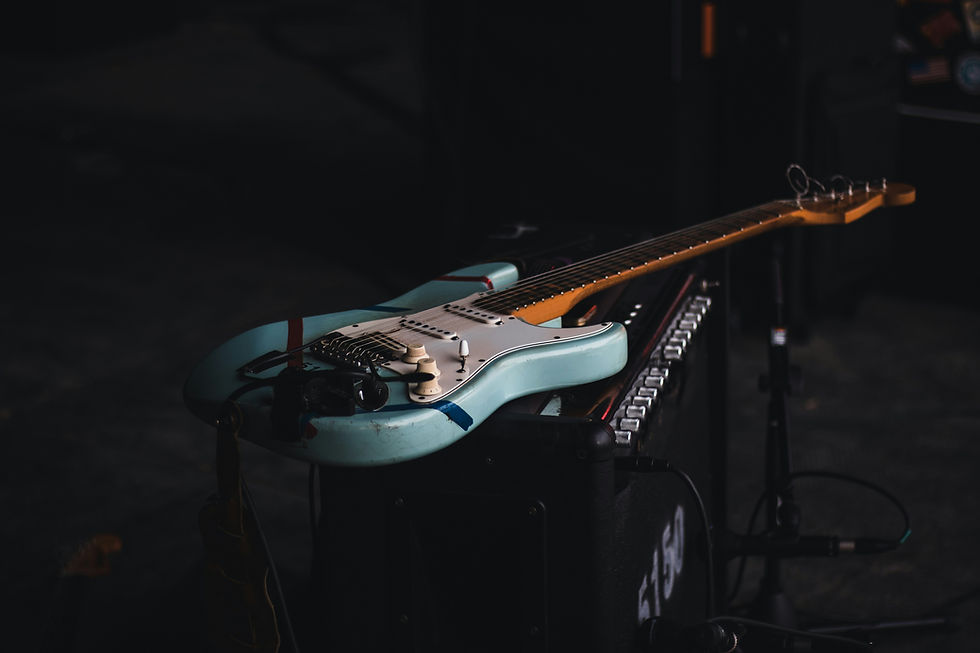Don't Worry About What Other Musicians Are Doing
- Michelle Monette

- Apr 9, 2023
- 3 min read

With the accessibility of the internet, it is easier than ever to know exactly what other musicians are doing, playing, and creating. We can see them display their immense skills, share their latest releases, and celebrate their many successes. Although we might enjoy being inspired by what our favourite artist is working on, or we are genuinely happy for a fellow musician’s recent win, too much time spent paying attention to what everyone else is doing can have a negative impact on how we feel about music. It’s essential to keep our focus on what we’re doing: our own unique musical path, and the art only we are able to make.
A common symptom of being overly exposed to the activities and careers of other musicians is feeling as though we’re somehow “behind”. By comparing ourselves to everyone else, we end up believing we should be better and more successful than we are, or that our art is lacking. But no two musicians’ journeys are the same. We all begin studying music at different times in our lives, have a wide range of upbringings, and diverse experiences—both in music and in life. Only you get to decide what your musical life looks and feels like, and what’s most important to you—no matter what everyone else is doing, or what others might tell you. As Ryan Holiday puts it in his book Ego is the Enemy: “[E]ach one of us has a unique potential and purpose; that means that we’re the only ones who can evaluate and set the terms of our lives. Far too often, we look at other people and make their approval the standard we feel compelled to meet, and as a result, squander our very potential and purpose.” Embrace and enjoy the path you’re on—whatever it may be, and wherever it takes you.
Part of living such different musical lives from one another means the music we make is specific to each of us. Every musician has an artistic blueprint shaped by their individual tastes, skills, and perspective. It’s essential to honour whatever music aligns with us the most if we are going to fully enjoy our experience with it. Anyone who has tried to be someone they’re not will know all too well the discomfort and dissatisfaction that comes from living inauthentically. Music isn’t any different: if you’re studying or making a particular style of music simply because it’s popular, or it’s what other people tell you is good, you won’t be happy. At best, you’ll experience a musical identity crisis; at worst, you won’t continue with music over the long haul.
According to the philosopher Seneca, the Greek word euthymia (εύθυμία) is defined as “believing in yourself and trusting that you are on the right path, and not being in doubt by following the myriad footpaths of those wandering in every direction.” As Ryan Holiday elaborates: “It’s about being what you are, and being as good as possible at it, without succumbing to all the things that draw you away from it. It’s about going where you set out to go. About accomplishing the most that you’re capable of in what you choose.” The only way we can be the best at what we’re meant to do is by avoiding being distracted by the musical lives of others, and instead staying true to our own course and purpose.







Comments